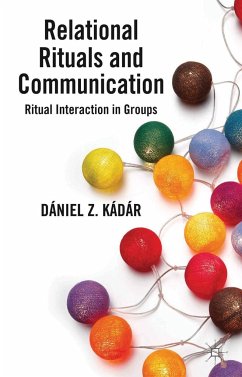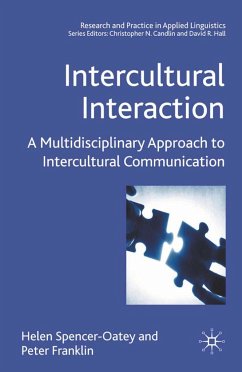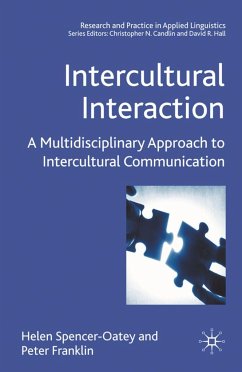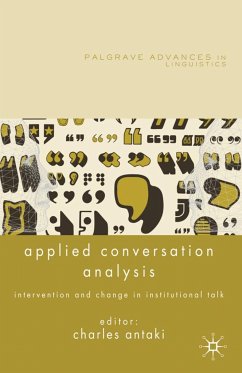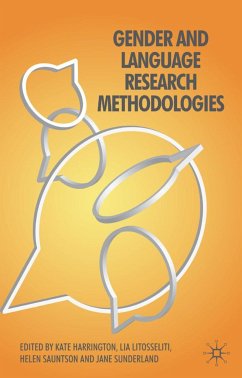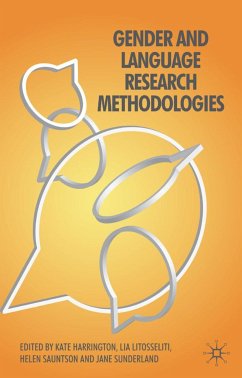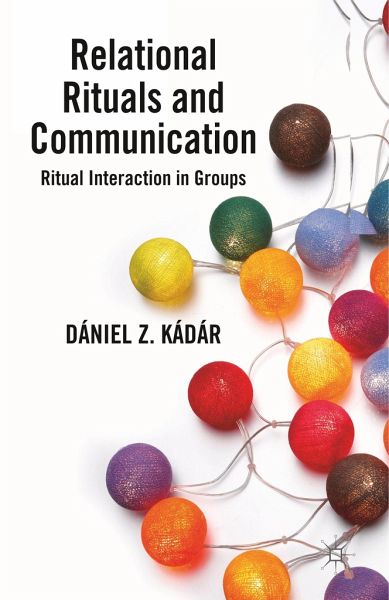
Relational Rituals and Communication
Ritual Interaction in Groups
Versandkostenfrei!
Versandfertig in 6-10 Tagen
38,99 €
inkl. MwSt.
Weitere Ausgaben:

PAYBACK Punkte
19 °P sammeln!
This book provides a ground-breaking, interaction-based framework of rituals, drawing on multiple research disciplines. It examines ritual as a relational action constructed in interaction through pre-existing patterns and captures the features of ritual phenomena by analysing interactants' behaviour in culturally and socially diverse contexts.





